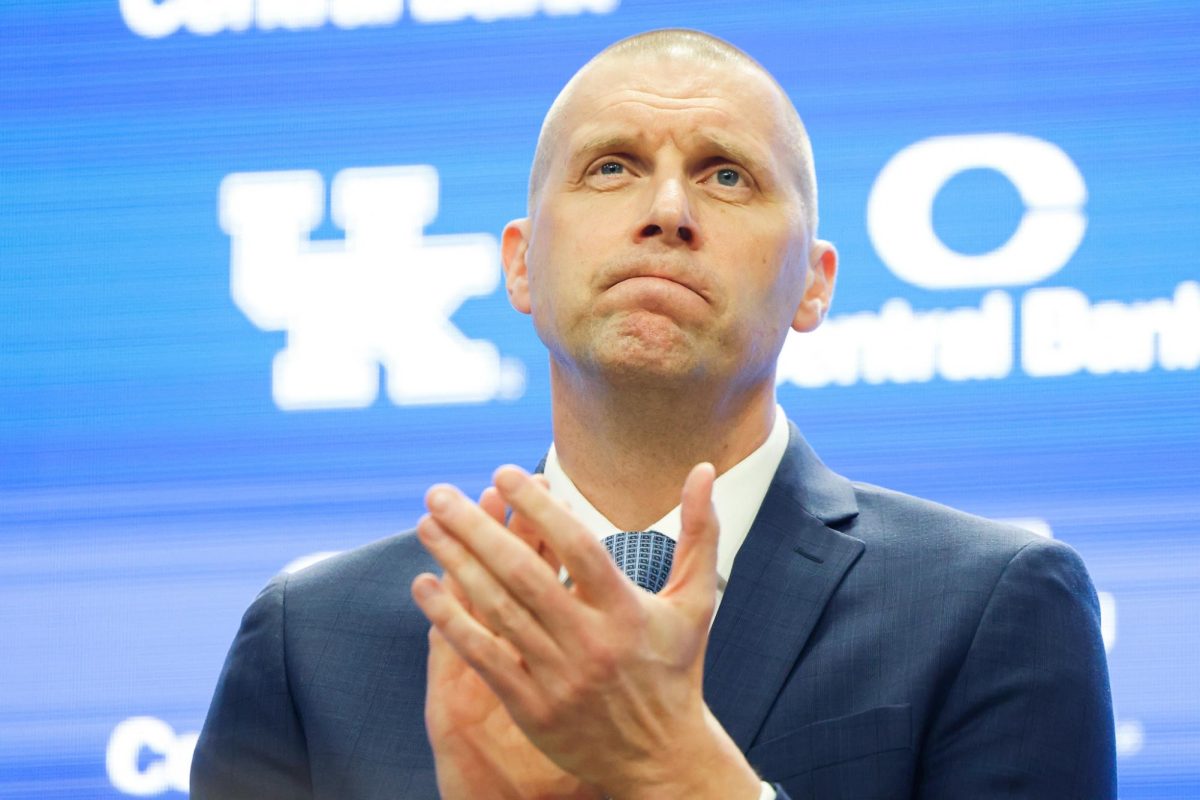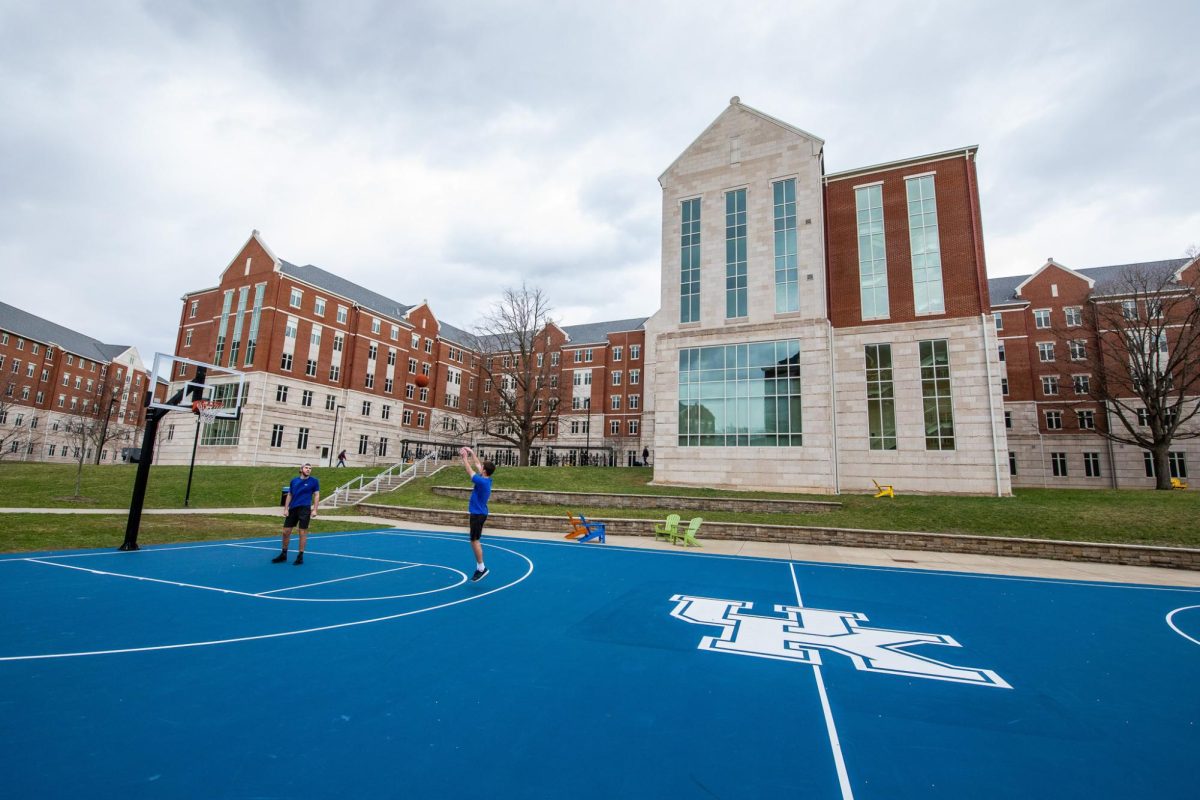All victims deserve justice, not just in high profile cases

December 8, 2014
When Rolling Stone magazine published a story about a gang rape at a fraternity party at the University of Virginia, the public was shocked, and rightfully so.
Discrepancies have come to light which have called the validity of the article into question, and Rolling Stone has retracted the article citing these discrepancies.
The author of the article failed to fully investigate the claims made by the victim in the story as, is sometimes the case, with high profile rape stories.
From the Duke Lacrosse case to the Temple Football case, when a rape story gains national attention and it turns out to be false, the nation moves on to find the next rage-inspiring rape story.
Rape is a serious issue, and stories like this harm true victims and devalues their trauma. The collective obsession with these ferocious, grotesque, graphic rapes diminishes the significance of all rape cases.
The message these types of stories send to rape victims is that unless your rape is so primal and obscene that it hurts the very soul to hear of it in the media, the world will just overlook it.
Following the National Institute of Justice’s survey that found that 19 percent of college women are sexually assaulted in their time at school, there has been a popular culture movement against rape and rape culture.
While that study suffered from serious methodology issues, the fact remains that rape is far too common a crime, even if it is less prevalent than 1 in 5. After all, one rape is one rape too many.
The collective focus on cases like these have left victims out of the picture. Stories like these show just how far we as a culture still have to go when it comes to rape.
Few people realize that research has found that men can be rape victims as often as women. In 2010 the Center for Disease Control found that 1,267,000 men were “made to penetrate” and 620,000 women were victims of “completed forced penetration.”
The most disturbing thing about that statistic is that making a man penetrate someone else is not even considered rape.
The military has heavily scrutinized sexual assault, and rightly so, but nearly all of the focus has been on female victims despite the fact that 38 men are sexually assaulted in the military every single day.
When false rape stories are the only stories that receive national prominence other rapes are marginalized—even more so when the allegations turn out to be false or fabricated.
The lack of focus on male victims and the vast majority of female victims whose rapes are not Rolling-Stone-worthy shows the failures of our nation’s attitude toward rape.
All victims deserve justice. We have to stop sending the message that some rapes are worse, or more legitimate, than others.
If you think that I am not qualified to talk about rape because I am a man, then you are part of the problem. Rape is rape, no matter who the villain or victim is.
The primary concern of anyone who truly wants to make progress with this crucial issue should be the truth.




























































































































































